I have been meaning to draft this article for quite some time, it is one of those articles that’s relevant in any market. That is, valuing a particular piece of property based on a cost analysis per acre. This is a measure that we will sometimes use when valuing large farm acreages. For us working in the industry, that’s usually where it stops. For others, that methodology trickles down into residential property which in my opinion, is usually not appropriate. I share this opinion with most when discussing values, but usually when customers, be it Buyers or Sellers, start forming their own opinion it’s hard to get them to change their perspective. For Buyers, it’s a way of arguing the value down, and for Sellers the opposite. I’ve heard this a few times…
Anyway. A local analogy I often use as an example is a development between Driggs and Victor. It’s really one large interconnected development with two phases, but it was organized as two separate adjoining developments that share the same rules and regulations. The East half/development comprises 2.5 acre lots and the West half comprises 1 acre lots, but there’s a catch – an important one. The current county density requirement in this area is one home (and guest home if the subdivision allows) per 2.5 acre parcel. The average density of the East development is obviously 2.5 acres. The West development also has an average density of 2.5 acres. Each 1 acre parcel is surrounded by community-owned open space that cannot be developed. Currently on market is a $190,000 1 acre parcel and a 2.5 acre parcel nearby priced at $109,000 per acre. Does that mean that the one acre parcel surrounded by open space is only worth $109,000? Obviously not.
Okay, so the above example is easy to justify. Let’s move across the valley into the Teton View corridor. To keep things fair, we need to keep the area similar. Properties East of State Highway 33 should be valued differently than those West of side of the highway. Let’s compare parcels in developments with no open space, one parcel being 2 acres and another being 5 acres. Am I saying each of these have the same value? No, but they certainly could. What I am saying is that if I were asked to value each of these parcels I wouldn’t even look at the cost per acre (yes, I would look at the overall size) of nearby listings or sales. The important thing to remember here again is that each parcel allows ONE primary home. I could compare 2.5 acre parcels with 5 acre parcels in the primary view corridor all day long and would probably find more 2.5 acre parcels that I would recommend to customers regardless of overall price or price per acre. I’m going to look at budget, proximity from the highway, property features, overall development value and restrictions and of course, the viability of an unobstructed view down the road. In other words, is it conceivable that I would value a 2.5 acre parcel and a 5 acre parcel the same? Absolutely. Does it mean I don’t take the size of a parcel into consideration? No, it does not.
The important thing to understand when determining or justifying the value of any given tract of vacant land is to remember to look at the entire picture. A 2.5 acre parcel overlooking 200 acres of an adjacent development’s open space has tremendous value. Trees, creeks, undulation in terrain, community features and amenities AND size – all of these elements should dictate the value of a parcel. It is not fair or reasonable to value any given property using just one of these metrics.
